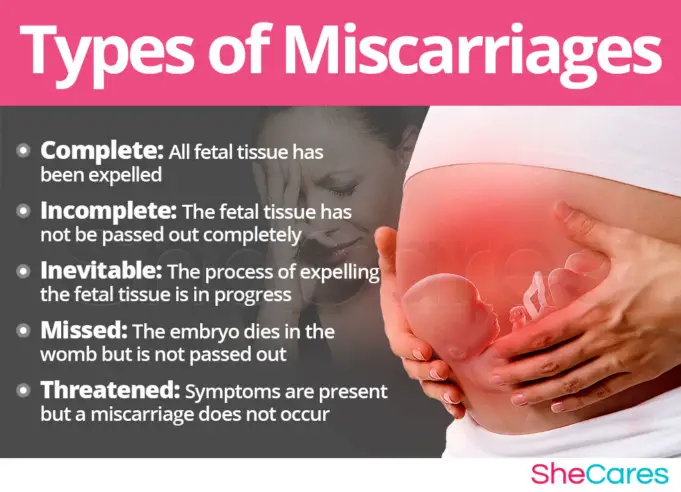Review paper writing though sought an easy task, it
isn’t. Often it is confused with going through all the literature required for particular research and at other times it taken as an essential part to complete
course credit. On the other end, the huge research community sites it as a methodology to gather complete knowledge on a topic from an expert in the field.
This is where the gap lies and here in this article, I will help you to build a
bridge. But before, I start to let me make it clear review paper writing or literature
review is not a copy-paste thing nor it portrays of the mere background of your
work.
The review paper is a written document of up to date
research and findings were done in a particular field and thus few points are really
necessary to understand. Firstly, a review paper isn’t just about papers
published in journals, it is also about all the other materials authentically
documented such as conference proceedings, books, patents, case studies,
letters, thesis and even unpublished yet on-going research in a particular field.
But with this, it is even necessary to note that you should not include
irrelevant materials, plagiarised materials, unauthenticated data or materials that are yet to be proved.
Secondly, it is important that the review paper should provide accurate
information, along with clear statements regarding loopholes, troubles,
demerits and/or limitations of a research area or topic. It should as far as
possible also clearly quote future scope and current research going in the
field. Third, there is a usual debate regarding the amount of content or number
of papers to be included; honestly, there is no such thing as limit while
writing a review paper, usually more the merrier but at times few journals have
publishing limits also it is suggested that review paper should not look like a thesaurus. Next, you should keep in mind you are not writing a novel at the
same time review papers may sound like history or storytelling so choose the
language, words and expressions wisely; even too mundane won’t encourage readers
to go on. Moreover, data tabulated, charted or added as supplementary materials
is more anticipated rather than mere plain text. A graphical abstract if
possible can also be a good way to begin your paper with; images always lure
readers.
Coming next to level of expertise required for writing
a review paper; of course I believe if you are reading this article for
knowledge you aren’t an expert in academia but that doesn’t mean you cannot
write a review article, but I suggest a few things before you start writing you
very first review paper. To begin with, reading a lot of review papers written not
just in your field but others too, this will help you understand the flow of
writing and language skills required. The next important thing is your passionate
interest and reading about your topic more you read better you can write. Never
try to repeat or simply rephrase written works, try to establish a connection
between all the articles and then write; a dashboard will be really helpful. Do
not hesitate to use referencing software while writing they are really handy
and easy to use and helpful. Also, remember review paper isn’t one-time
writing; your first draft and final published version can be generational
different, but that’s good. Also, take help from peers for language as well as the content of the paper.
Ethics is an important aspect, do not hold loose on it,
so first thing no plagiarism, no copy-pasting or even straight art of stealing.
If you are willing to make use of particular data, make sure the original contributors
grant you permission and also you have the permission for republishing. It is highly
recommended to cite every document you have the slightest reference to in your
paper.
Lastly, publication guidelines, make sure of following
when you are ready with your manuscript; you have carefully chosen a journal for
your article and thoroughly understood the publication guidelines.
Non-adherence to guidelines results in strict rejection. You must seek help
from publication experts or your faculty members if you find it difficult to
understand any of it. If language is a big barrier for you, most publication
house has their own language editing team you can definitely use them too.
To conclude, it is necessary to have a deep interest in
your research topic, this will keep you motivated while writing a paper; also
remember paper writing is a roller coaster; especially if you are part-time
researcher or multi-tasking. Writing review paper needs persistence, focus and the skill of understanding and explaining, make sure you stick to it.
"Good Luck for Writing!!"



Thank you genius madam..you explained very short and simple way .
ReplyDeleteWelcome.. Will like to know your identity? And Thanks for your valuable time for reading and commenting.. 😊
DeleteHelpful blog for beginners ����
ReplyDeleteThank you... Good luck for future.. 😊
ReplyDeleteGranular, Structured & Concise.
ReplyDeleteReverberates True Excellence!